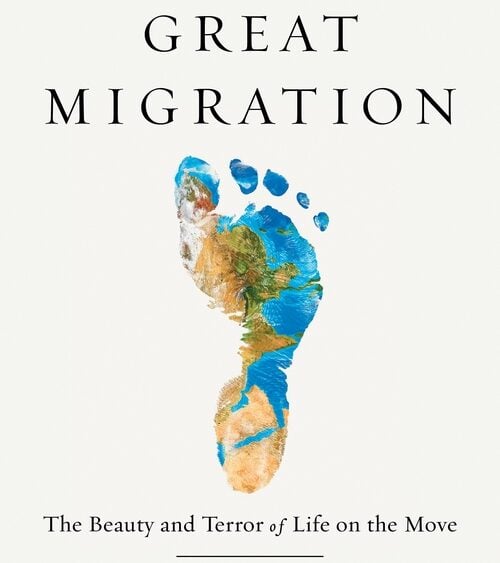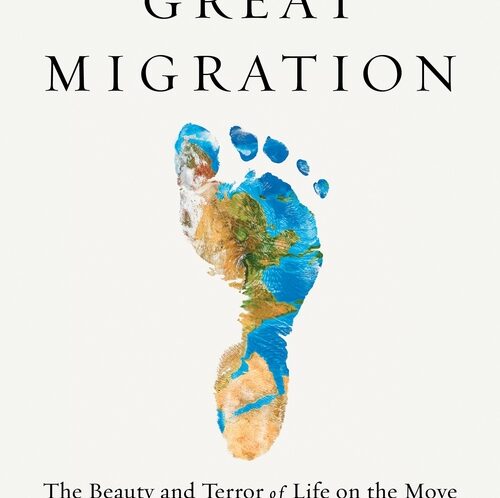
Mohsin Hamid has created a literary world where people are no longer divided by skin color. But The Last White Man is neither fairytale nor dystopia. Instead, it is a meditation on how intimacy is developed between people.
A big, unnamed city in modern America. Anders, a young man who works as a personal trainer, wakes up one day to discover that his skin has become Black. He fell asleep a white man; in the morning he doesn’t recognize himself. His face, hair, and hands—even his genitals—look different. Nothing is left of the old Anders apart from his gender, height, and personality. He still feels like himself, although he is someone else entirely. His first reaction to this metamorphosis is shock, then fear kicks in. Anders stops going to work and only leaves his house to buy essentials.
However, he soon learns from the news that he isn’t the only one—more and more people are undergoing the same change. The number of cases








